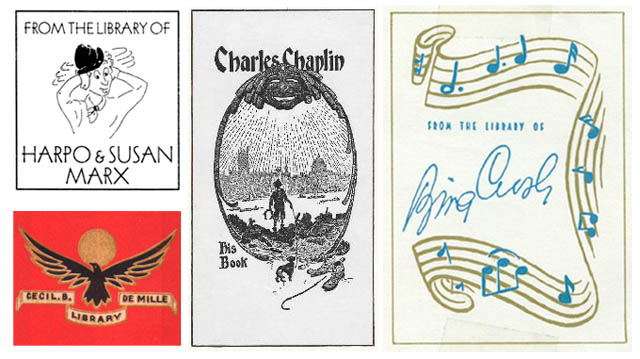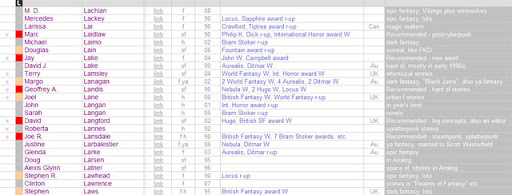 È il titolo dell’Urania che sto leggendo (Millemondi num. 48, estate 2009, titolo originale Year’s Best SF #11).
È il titolo dell’Urania che sto leggendo (Millemondi num. 48, estate 2009, titolo originale Year’s Best SF #11).
31 racconti brevi (a volte molto brevi) e una introduzione, per 475 pagine, il che dà una media di 14.84375 pagine per racconto. Ma la varianza è elevata: ci sono racconti di 2.5 pagine; solo alcuni arrivano a 20; soltanto uno arriva a 50. Prezzo ragionevole: €5.50. L’ideale per la spiaggia, oppure per chi, come il sottoscritto, viaggia in treno tenendo corsi estivi di informatica musicale.
Il panorama degli autori è notevole, anche se, con la solita infamia tipica di Mondadori, il sottotitolo meriterebbe una condanna per pubblicità ingannevole. Infatti recita: “i migliori racconti dell’anno”, facendo pensare, ovviamente, all’anno scorso, mentre, né in copertina né in quarta si accenna al fatto che l’anno è il 2005. Te ne accorgi solo attaccando l’introduzione che, peraltro, è quella originale dei curatori David G. Hartwell e Kathryn Cramer.
Al di là di questa “piccola idiozia”, che comunque testimonia uno scarso rispetto per il lettore, i racconti sono piuttosto belli, stimolanti e rappresentativi delle tendenze recenti della SF.
Sono molti anni, ormai, che la fantascienza non è più una rivisitazione della vecchia contrapposizione cowboy contro indiani, ma negli ultimi tempi le sue ramificazioni si sono moltiplicate e allargate a dismisura. Se da Dick in poi, SF è anche un presente alternativo, da Gibson in poi, SF è anche un presente tout court, una possibile piega di un domani molto vicino.
Così i racconti di questa raccolta vanno dalle utopie possibili, agli effetti delle droghe sintetiche fino ai problemi della comunicazione aliena e alle tematiche più classiche della fantascienza di avventura e di esplorazione. D’altra parte, il racconto è sempre stato la spina dorsale della SF ed è così anche oggi grazie alle riviste online.
Fra i nomi spiccano Bruce Sterling, Greg Bear, Gregory Benford, Peter F. Hamilton, Vonda N. McIntyre, Rudy Rucker, Ted Chiang, Stephen Baxter, Joe Haldeman e altri, meno affermati, ma spesso sorprendenti.
A tutti gli autori è dedicata una pagina di presentazione completa di indicazione del loro sito.





 Nella calde sere d’estate si rilegge e questa è una rilettura di un romanzo di grande suggestione. Ian McDonald, I confini dell’evoluzione, collana Solaria, Fanucci editore, 2003 (orig. Evolution’s Shore, 1995), 458 pagg., € 16.
Nella calde sere d’estate si rilegge e questa è una rilettura di un romanzo di grande suggestione. Ian McDonald, I confini dell’evoluzione, collana Solaria, Fanucci editore, 2003 (orig. Evolution’s Shore, 1995), 458 pagg., € 16.
 Unbelievable but true!
Unbelievable but true!